Junior A Football Championship Rd 3 between St Senan’s Kilkee and Kilmurry Ibrickane. Live Commentary from Doonbeg with Adrian O’Connor and David O’Shea.
Official RCB page

This evening the RCB Sports Show will be recording the Junior A Football Championship Rd 3 between St Senan’s Kilkee and Kilmurry Ibrickane. Throw-in is at 6.30pm in the Doonbeg GAA Field where Adrian O’ Connor and David O’ Shea will be there to report on all the action.
The game will be broadcasted this week on the RCB Sports show for anyone who can’t attend the game tonight.
Official RCB page

 Mikey’s Mix Lady’s and gentlemen, hopefully you can tune in today. I will be alive. Come 2:30 pm and remember if you have any request. Any songs you wanna hear? Fire them to me and I will fire them out the best I can 🥳🙌
Mikey’s Mix Lady’s and gentlemen, hopefully you can tune in today. I will be alive. Come 2:30 pm and remember if you have any request. Any songs you wanna hear? Fire them to me and I will fire them out the best I can 🥳🙌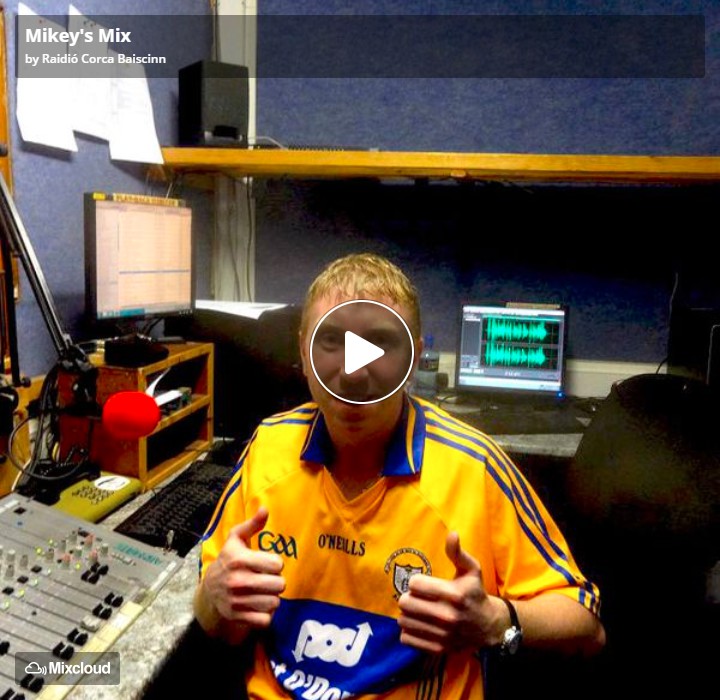
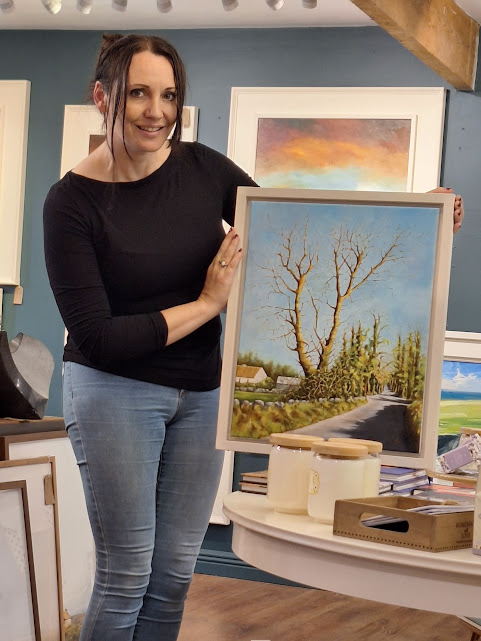 Radio Beams guest show is well known Liz Greehy who is co-owner of Kilbaha Art Gallery co-owned by her sister in law Aisling Connelly .
Radio Beams guest show is well known Liz Greehy who is co-owner of Kilbaha Art Gallery co-owned by her sister in law Aisling Connelly .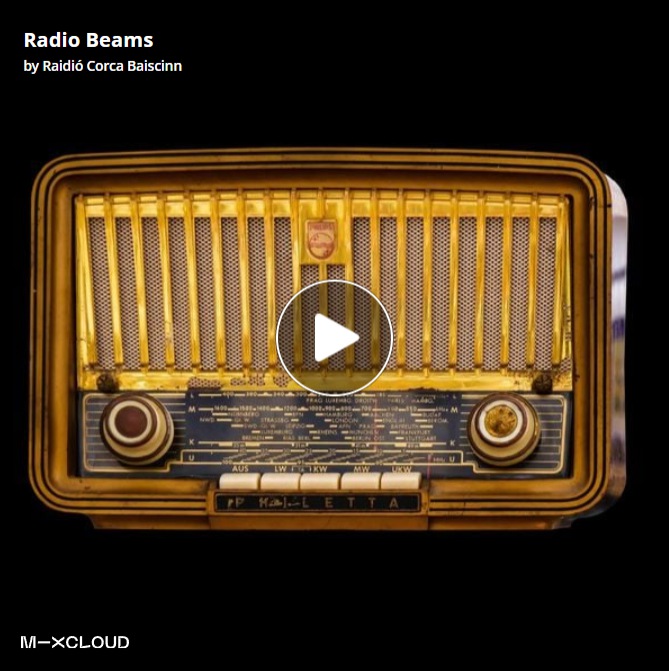

 Kilmihil, Michael Lineen joins us with Nuala Shanahan from DCD Doonbeg to highlight some of the roles undertaken as supervisor and the vital work carried out in the village where a team of staff play a crucial role while liasing with Tidytowns to maintain amenities, support the GAA ground, keeping the graveyard and communal areas accessible and maintained to a high degree.
Kilmihil, Michael Lineen joins us with Nuala Shanahan from DCD Doonbeg to highlight some of the roles undertaken as supervisor and the vital work carried out in the village where a team of staff play a crucial role while liasing with Tidytowns to maintain amenities, support the GAA ground, keeping the graveyard and communal areas accessible and maintained to a high degree.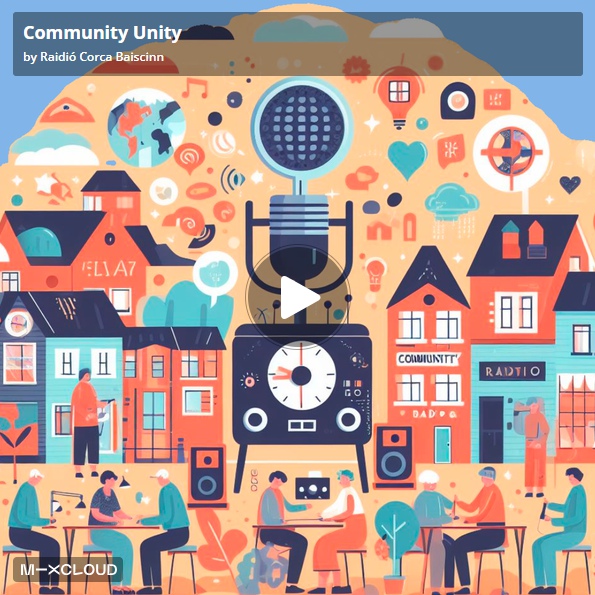
🎤 Club Focus Interviews:
Adrian chats with Niall Bonfil, Secretary of Naomh Eoin GAA and current player on their very successful Intermediate football team. Niall gives us his insights into this years Intermediate Football Championship. Niall is also a dual player and chats about hurling.
🏑 Camogie & Hurling Updates:
Kilkee/Bealaha Men’s Junior Hurling Championship clash with Sixmilebridge this Saturday in round 3, in Kilmaley..and this Sunday it’s a home game for the Kilkee/Bealaha Junior Camogie team as the take on New Market on Fergus in Rd 2 of the Championship in the Kilkee GAA pitch @ 5.30pm. The girls won their opening Rd last Wednesday against Tulla.
📻 Don’t miss this packed show—local pride, local teams & serious passion.
📧 Contact:
📡 Listen on RCB Radio – Your Home for Local Sport!
Official RCB page

Lorna produces and presents the successful show: ‘The Genealogy Radio show’ aired each Thursday at 4p.m. from beautiful Kilkee, Co. Clare at Raidio Corcabaiscinn and Podcasts are available weekly.
Lorna has delivered conference papers at Oxford; Lincoln College: Exploration of the Medieval Gaelic Diet: (2012); seminar papers at the Moore Institute in NUI Galway, ‘The Gaelic Lordships in Thomond, c. 1400-c.1500’ and papers at Irish Conference of Medievalists on themes of Brian Boru and landscape of East Clare. Lorna has published on medieval themes and on maritime subjects. Her research areas are the MacNamaras and O’Briens of Thomond.
Lorna received her Certificate for the Advancement of Forensic Genealogy (CAFG) in Dallas in March 2015.

 facebook
facebook  twitter
twitter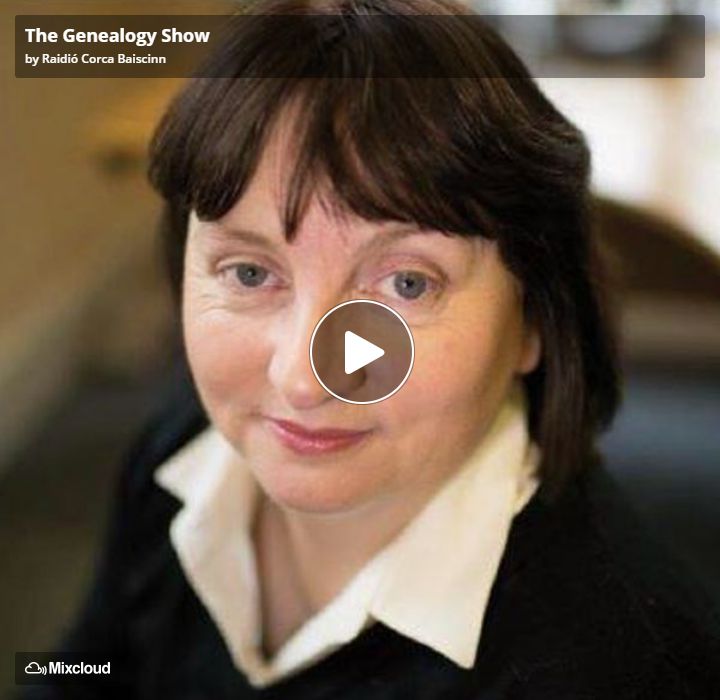
🏆 Cycling Spotlight:
Adrian brings you the latest from the world of Irish pro cycling, including a fantastic World Tour victory for Irish National Champion Rory Townsend, a massive result and a proud moment for Irish cycling!
🎤 Club Focus Interviews:
Later in the show, Adrian sits down with Diarmuid Keane, Chairperson of St Senan’s GAA Club, to talk about their Junior A Football Championship success and the club’s remarkable 125th anniversary.
He also chats with Dermot Coughlan, Manager of Kilrush Shamrocks, who shares his thoughts on their strong campaign as they sit top of the group in the Intermediate Football Championship.
🏑 Camogie Update
There’s action midweek too as Kilkee/Bealaha Camogie get their Championship campaign underway. They face Tullathis Wednesday night at the Community Field in Kilrush, with throw-in at 7:30pm. Best of luck to women’s team in what promises to be a competitive and exciting match.
📻 Don’t miss it, it’s a packed show with local pride, local success, and plenty of sporting passion.
📧 Get in touch with the show:
📡 Tune in to RCB Radio – Your Home for Local Sport!
Official RCB page

 The West Coast Surf Club is hosting a free surfing taster event as part of #2MinuteBeachClean push on 28th August,more details and registration here.
The West Coast Surf Club is hosting a free surfing taster event as part of #2MinuteBeachClean push on 28th August,more details and registration here.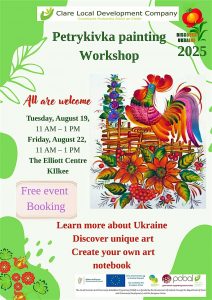 While the Discover Ukraine Festival 2025 is underway this week with events around the region, Olena and Alina join Teresa in the Studio, Svetlana Teryoshkina will be leading a hands-on Petrykivka Painting Workshop in Kilkee. This traditional art style, known for its vivid floral motifs and intricate brushwork, originates from the village of Petrykivka in the Dnipropetrovsk region , a style known for its vivid floral motifs and intricate brushwork. Reserve a place for Friday 22nd August at the Elliot Centre, Kilkee through Eventbrite.ie. To reserve a place on The Varenyk Making Workshop see the event link here.
While the Discover Ukraine Festival 2025 is underway this week with events around the region, Olena and Alina join Teresa in the Studio, Svetlana Teryoshkina will be leading a hands-on Petrykivka Painting Workshop in Kilkee. This traditional art style, known for its vivid floral motifs and intricate brushwork, originates from the village of Petrykivka in the Dnipropetrovsk region , a style known for its vivid floral motifs and intricate brushwork. Reserve a place for Friday 22nd August at the Elliot Centre, Kilkee through Eventbrite.ie. To reserve a place on The Varenyk Making Workshop see the event link here.
